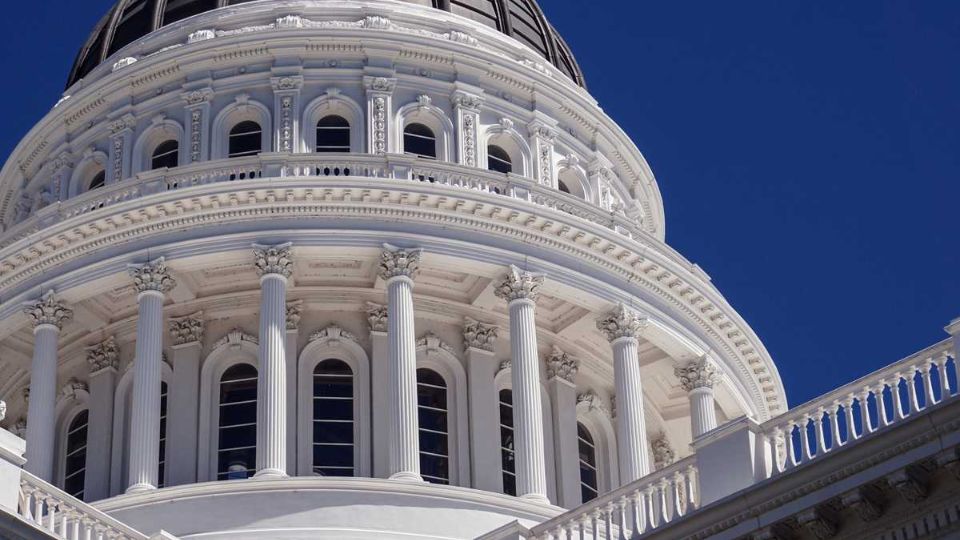Lawmakers in California’s Assembly Elections Committee will discuss a bill that aims to prevent lobbyists and government officials from using non-disclosure agreements during negotiations for proposed state laws.
The bill, AB 2654, was created because of KCRA 3’s reporting on the use of NDAs in the final negotiations of California’s fast-food labor law. Republican Assemblyman Vince Fong, who is also running for Congress, wrote a proposal that would prevent lobbyists, lawmakers, and other government officials from using NDAs when working on proposed state laws. This means they would not be allowed to sign, request, or create NDAs during the process of drafting, negotiating, discussing, or creating these laws. If you break the rules, you would be punished with a misdemeanor.
“NDAs should not be used to hide information from the public when it comes to matters concerning the people’s business,” Fong said in an interview with KCRA 3.
The California Chamber of Commerce is currently the only group that has publicly expressed opposition to the bill. The group sent a letter to Fong on Friday. They claimed that the California Constitution already prevents public officials from signing a non-disclosure agreement. However, legal experts disagree with this claim.
Officials from the Cal Chamber declined KCRA 3’s interview request on Tuesday. However, they did share a letter they sent to the committee before Thursday’s hearing.
Also Read: Hundreds of Athletes Tell the NCAA Not to Ban Trans Women’s Athletes
“The new law will greatly restrict the use of non-disclosure agreements (NDAs) between private individuals. This will reduce the chances for open discussion, negotiation, and finding common ground on contentious policy matters,” stated Ben Golombek, the Executive Vice President and Chief of Staff for Policy at the California Chamber of Commerce. Golombek stated that the bill was too broad and that current state law already guarantees transparency in the legislative process.
KCRA 3 discovered that NDAs were used during the negotiations of California’s fast-food labor law. They were trying to figure out why there was an exemption in the law for big fast-food chains that make and sell their own bread as a separate menu item. Bloomberg was the first to report, and KCRA 3 confirmed through sources, that the governor’s office requested an exemption. This request was made with the influence of one of his billionaire donors, Greg Flynn, who is also a Panera franchisee.
Newsom’s office has stated that Panera is not exempt from the law, but they have not provided clear information about who the exemption actually applies to. Democratic Assemblyman Chris Holden, who authored the law, stated that he was not involved in the negotiations of the bill and is unable to explain why the exemption is included in the law.
Republican state lawmakers in California submitted a request on March 7 for text messages, emails, and other types of communication between their office and other stakeholders. They are seeking additional information about the exemption. The governor’s office responded by sending them a record that included an email from one of the governor’s aides, which contained an article from Bloomberg.
The governor’s deputy legal affairs secretary responded that although they found more records related to your request, they cannot be disclosed because they contain attorney work product and/or attorney-client privileged information.
“There are many written documents related to internal discussions of the executive and legislative branches of state government that the public and the media don’t have much access to,” explained Chris Micheli, a professor at the McGeorge School of Law and a lobbyist with extensive experience. He mentioned that the California Public Records Act and Legislative Open Records Act have broad exemptions that limit transparency.”



Leave a Reply